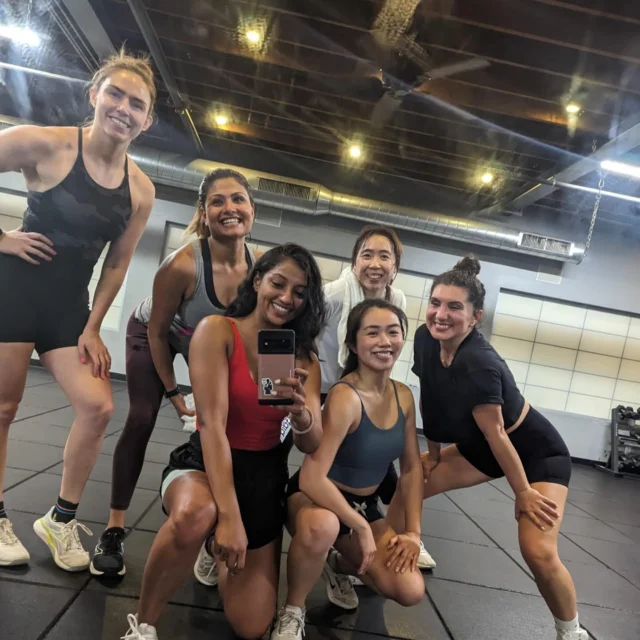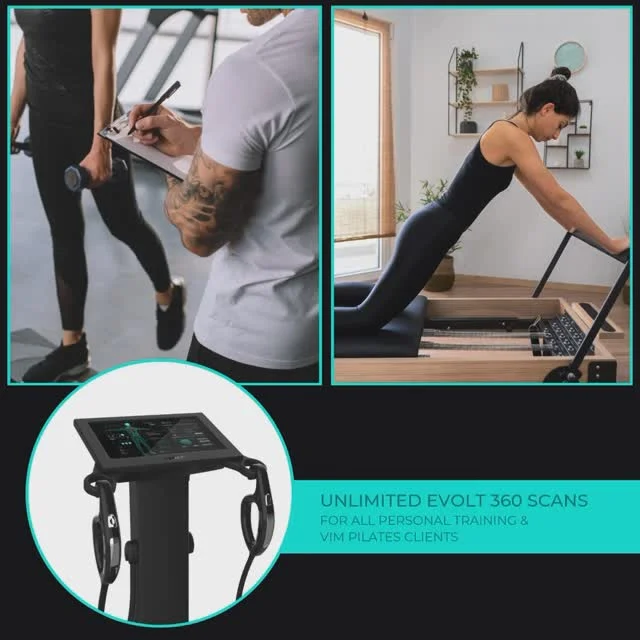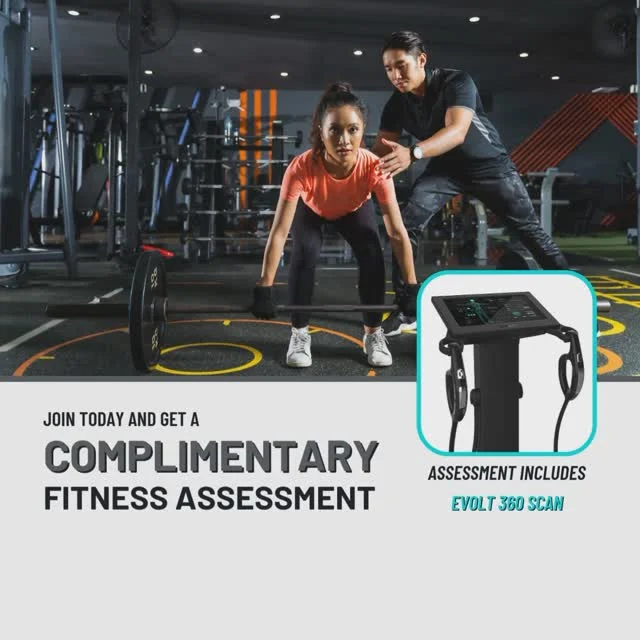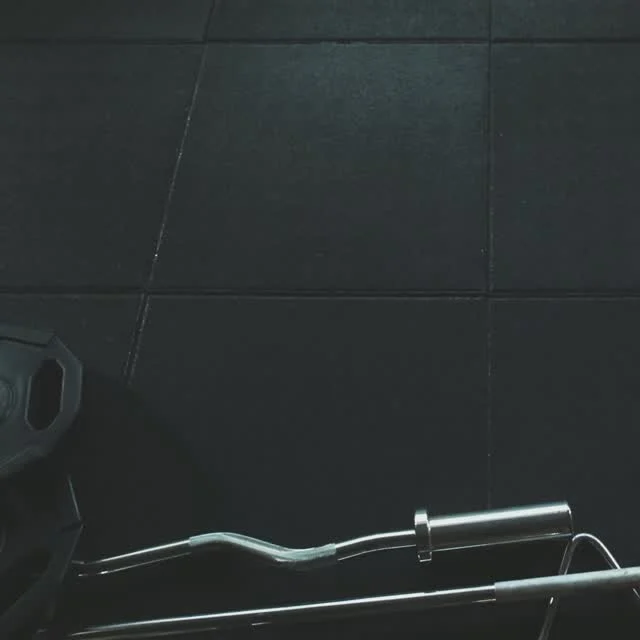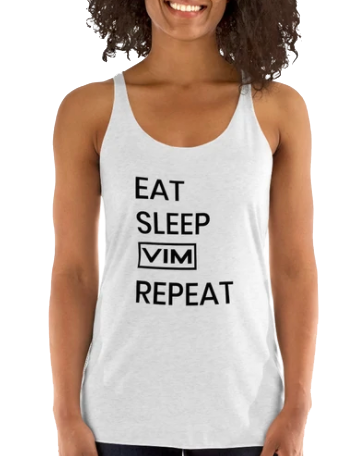Posts
Bulking up is a process that requires a little dedication and a lot of preparation. Getting into shape isn’t just a matter of going to the gym on a regular basis, it’s also important to take note of the aspects of your lifestyle that are prohibiting your health.
When you find what you need to change, it takes a little research to know what to replace those bad habits with. One huge obstacle to a lot of people is establishing a healthy diet.
It’s important to know which foods promote your health goals and which foods are holding you back. We’re going to talk about vitamins for muscle growth in this article, exploring the foods and supplements that contain them and methods for sticking with your dietary changes.
Let’s get started:
Key Vitamins for Muscle Growth
As you start your workout routine, make a note of the fact that your initial burst of inspiration will only last so long on its own. We get excited when we make positive life changes, and that excitement can push us through the first few workouts.
After a while, though, the body starts to adjust to the changes you’re putting it through. You’re using a lot more energy than normal as you’re working out, and your body has to work overtime to repair the tissue you’re exercising.
That’s why so many people crash and give up. A successful routine requires that you make the necessary changes to your diet. That means learning more about nutrition and pinpointing the areas that you need to support your diet with supplements.
A basic crash course on dieting for muscle gain will tell you to eat a well-balanced diet that doesn’t skimp on carbs. Additionally, you should be working complete proteins into almost every meal.
Your busy routine might not allow you to carefully prep all of your meals, though. That means you could miss out on vitamins needed for muscles to grow and repair themselves.
Let’s explore some of the vitamin supplements you might need to achieve your goals for bulking up.
Vitamin B12
Vitamin B12 serves a number of purposes in the body. As it relates to bodybuilding, this vitamin helps send oxygen to your muscles as they’re in use. It also contributes to the production of red blood cells.
So, a healthy amount of B12 ensures that your engine is oiled up and running smoothly. If you’re not able to send enough blood to the target muscles, they’ll be more prone to damages and less growth.
Calcium
People who don’t consume animal products might have a hard time getting enough calcium. It can be found in foods like almonds and a number of seeds, though.
Calcium helps the body strengthen bones, but it also helps with contracting muscles and processing energy. Balanced levels of calcium will help you as you’re working out, leading to bigger returns.
Additionally, your bones take on a lot of the stress of weightlifting, so it’s smart to do what you can to make sure that they’re just as strong as your muscles.
Protein
Most of the protein we need should come from our diets. You might have restrictions, however, that prevent you from getting enough complete proteins.
Our bodies absolutely need protein to develop and maintain muscle mass. Protein consists of 13 essential amino acids that work together for our bodies to function properly. Sources of protein that have all 13 acids are called “complete proteins.”
Many sources, however, only have a few of the essential amino acids. That’s why it’s important to take in a few different sources of protein if you’re not consuming meat. Meat almost always contains complete proteins.
If you’re a vegetarian or vegan, or you just don’t consume a lot of meat, protein supplements might be a great option for you. You can also boost your protein intake instead of adding carbs to your diet.
More carbs typically lead to more muscle gain, but you can also bulk up by adding protein.
Vitamin C
Vitamin C helps your body break down and use carbs for energy as you work out. It’s also a great antioxidant that can support your muscles and cardiovascular system as you strain it with exercise.
It’s also a great immune system booster.
Creatine
Creatine is a great vitamin for muscles. It’s created in your body, so it isn’t found in a lot of foods. Its function is to help send energy to your muscles as you use them.
It helps you perform as you’re working out as well as prompt your body to promote muscle growth. You’ll see results with creatine, and it’s well-known as a very safe supplement.
If your goal is to put on a great deal of muscle and you’re considering chemical supplements that put your body into overdrive, give creatine a shot first. It’s a lot safer than some of the drugs on the market, and it functions naturally to produce excellent results.
Staying On Track With Your Diet
Try to flesh out a plan for your diet before you start your workouts. You’ll begin to feel the drain right when you start exercising, so be sure to prepare your body with all of the healthy fuel it needs to excel.
Examine your diet plan and take a realistic look at what you can expect yourself to do. It might be hard for you to get enough protein in your diet, for example, or you might have a sweet spot for fast food that you’re unsure about.
Order the appropriate supplements after you assess your new diet plan. Additionally, prepare to slip up once or twice. It’s natural to fall back into old habits, but it’s important to get back on your feet and avoid being too hard on yourself.
Once you’re set up on the dietary end, get out to the gym and start putting on muscle!
Need a Little Help with Your Diet?
If you’re new to the whole “healthy eating” thing, don’t worry too much. You’re not alone, and we’re here to help you get in touch with the information and supplements you need to succeed.
Explore our site for more vitamins for muscle growth and ideas on how to stay on track toward your health goals.
People choose to begin working with a personal trainer for a range of reasons; whether it is to train towards a specific goal or just for an added dose of motivation and accountability. Of course, you are going to need to put the hard work in to see results, but your personal trainer will equally need to be putting in the work to keep you motivated and keep pushing you to reach the goals you have set. Personal training can sometimes be too expensive for some people, so online personal training or small group training is another alternative. There are so many benefits of personal training, from perfecting your form to nailing your nutrition, but before you begin working with a personal trainer, there are a few things you should know.
Question Your Potential Personal Trainer
The consultation prior to deciding whether you proceed with a personal trainer is so important! This is your opportunity to truly grill them and ask questions to get a sense of who they are and to make sure they will be a right fit for you. Of course, it’s important they ask you questions too so that they understand you, your history and your goals to ensure they can create an effective regime that will bring about results. Here are some great questions you should be asking your trainer:
- Do you have experience designing a plan for someone with my kind of goals?
- What is it like to train with you?
- How easy will you find it to make adjustments to my plan based on changes that may come up?
- What do you expect of me as the trainee?
Define Your Boundaries
Always let your personal trainer know what your boundaries are – without a doubt, your trainer is going to push you, but we all have our limits. For example, if you truly hate the feeling of being so out of breath that your chest hurts, let your trainer know this so they can plan movements that will not cause this. The same goes for how much physical contact you deem acceptable; some trainers will help reposition you if your form is not quite correct, but some people can find this invasive. If you would prefer your trainer to not touch you, always let them know this.
Don’t Feel Stuck
Many people begin using a personal trainer and over a few months, or sometimes even weeks, find that they are not clicking with their trainer in the way they would have hoped – or perhaps are finding there are no results being seen. Regardless of your reasons, just because you started with one personal trainer does not mean you are tied in for life. You can always shop around and with a bit more experience under your belt in terms of what you do like and what you don’t, you may be able to find someone better suited to you.
Buying Multiple Sessions is Not a Requirement
Of course, any personal trainer is going to want to sell you as many sessions as possible, but this is where many people find they feel trapped with a trainer; at first things may seem great and you may think you each are well suited to each other, to later find out their training style is not quite what you expected. When you are tied into multiple sessions, it isn’t so each to back out. Always start out with just a couple of sessions before buying any sessions in bulk.
Don’t Tell Your Personal Trainer What They Want to Hear
Honesty is key! It is so important that you prioritize what it is that you actually want, not what you think your personal trainer will expect of you. Many people train not to see any physical changes, but simply to feel stronger and more fit, and that is totally acceptable! Do not feel forced into claiming you have certain goals just because you believe that is what your trainer will want. Being open and communicative with your personal trainer is always best, that way, you will truly be able to work towards your goals or to simply maintain where you are at, if that’s what you wish.
The same goes for certain movements – do not pretend to enjoy certain things if you really don’t! If you get bored of reps and sets, perhaps timed sets would be more enjoyable for you. Always discuss what you like with your trainer and which things make you feel your best; they can tweak and adapt your plan to best suit you. Think back to one of the first questions we suggested you ask:
- How easy will you find it to make adjustments to my plan based on changes that may come up?
This question is so relevant as trainers need to be adaptable and flexible to ensure you feel motivated and pushed, while also enjoying what you do!
It can take months on end to build good habits and make them apart of a sustainable lifestyle, however, we all go through phases of losing our motivation and sometimes veering off track. Rather than scrapping all of your good habits and writing everything off completely, read this guide to help you maintain your good habits; after allowing yourself to mentally reset, you can hit everything hard again. Sometimes, forcing yourself to train or do more than you can handle can have a negative effect which causes you to give up on everything entirely; avoid this by listening to your body!
We can jump into the deep end when it comes to wanting to get in shape; however, we usually are very excited when we first start out, and over time, this excitement dwindles. One of the biggest things to bear in mind is that you should approach any new habit with caution as burnout can ruin things, even for the best of us! Did you know that a habit can take anywhere from two to four months to form? This helps explain why after just a few weeks of going hard and not seeing any results can leave us feeling discouraged and disappointed – be patient and start small!
If you are new to exercise, start with just a couple of sessions per week and then, one you feel exercise has become more of a habit for you, increase the number of sessions you do. This also applies to healthy eating, which is a major struggle for many people – and explains why diets never last! Rather than cutting carbs as that low-carb diet you may be considering suggests, start looking for healthier carbs to include in your diet, or just have smaller portions. Don’t let anyone tell you that you don’t need carbs, they are an essential macro and we all need them! The key to balancing your nutrition is to enjoy things in moderation instead; but luckily, as carbs are perfectly acceptable to eat, you will want to opt for carbs that help keep you full for longer, such as potatoes, quinoa, brown rice and wholegrain pasta.
When you do find that you are losing motivation after working hard to create good habits, you sometimes need to shake up your environment. We all can become complacent and sometimes complacency gets the best of us. Many of us struggle to drink the right amount of water, but a great reminder that you can put in place for yourself is by leaving full bottles of water around the house. For example, put one by your bedside, one in the office, one at the dining table, etc so that you feel encouraged to drink them. When things are not in our sight, we can sometimes lose focus; by changing your environment, you can help build more sustainable habits, as well as maintain those you have already put into place.
If you are feeling demotivated, ask yourself, why did you start in the beginning? Sometimes reminding ourselves of why we started in the first place can help give us the kickstart we need. A great idea is to always keep your goals noted down, so the times you are feeling a lack of motivation, you can refer back to them to help inspire you again. This may sound a bit bizarre, but your mind cannot actually differentiate between things that you imagine and those that you don’t; based on this, you should always visualize the success you will achieve when you set out to achieve the goals you have set. That way, you are so much more likely to follow through and find that motivation that you had before!
Sometimes when we get into a mental state of feeling demotivated it can be hard to pull ourselves back out of it; this is a known fact, as motion creates emotion! Even if you are not wanting to do a full-on training session, get up, get active and you will notice how your mood increases and you may find yourself discovering that motivation again. Lastly, don’t forget the support systems you have in place – whether that be through family or friends. For those that either can’t rely on their friends or family as a source of motivation, find others around you that can help; this can be in the form of reading a motivational book or listening to a podcast.
Creating habits can be such a challenge, but consistency and dedication is key. When we lose our motivation, we need to remind ourselves why we started and how far we have come; the smallest step in the right direction can lead us down amazing paths. You will be amazed at the changes you can make in your fitness, strength and nutrition when you make small, sustainable changes in your life.
Thankful for your friends this November?
Show them just how much by referring them to VIM during our ‘Refer A Friend Promo!’
So what’s in it for you (and your friend)?
The current member gets 1000 VIM Points
The new member has their initiation fee waived!
Simply have the new member mention or write in the current member’s name on the contract when they sign up!
Offer valid through November 30th.
Adapted from Victoria Myers of Nourishing Mind Nutrition
On a daily basis I have strangers, friends, family and co-workers share with me the new scheme they are going to use to lose weight.
A new diet. A new food group to avoid. How few calories they are going to eat. How many shakes they are going to drink instead of enjoying a meal.
Maybe even a magical weight loss pill they are going to try. I bet you are even still thinking that you’ll do one more diet, just one last time, and then once you lose the weight you can go back to normal eating.
Keep reading if that is you…
After years of using the same techniques of cutting calories and following diets (unfortunately the techniques we were taught in school to use), I consistently saw that it never, ever worked. Weight loss and “success” would occur at first. For probably the first month, maybe even a few months. Eventually though, it would stop working and there would be no more “willpower” and the weight would come back.
The reality after dieting is that most people gain the weight back and an alarming 40% regain more weight than their initial starting weight. Going on a diet is likely going to increase your chances of gaining weight, not losing it.
Your weight is not calories in versus calories out. It is so much more complex than that.
Today I want to show the SCIENCE behind why diets don’t work. Let’s start first with the largest misconception with diets, that you stop dieting because you lack willpower.
Guess what? In terms of dieting, willpower doesn’t exist.
It is a man made, ego-driven, media-promoted idea that when you stop dieting it was because you are lazy and lack willpower or that you are not strong enough to keep eating your carrot sticks and bland chicken breasts. You do not lack willpower if the ice cream is calling your name at midnight after you have only eaten a diet shake for breakfast, salad for lunch and chicken breast for dinner.
Why doesn’t willpower exist? Because your body has a biological and psychological response to dieting. Studies show that after you diet your body changes in the following ways:
1. Your metabolism slows, taking longer to burn off calories.
Your body is wicked smart. It needs a certain amount of calories just to maintain your organ functions, breathing and bodily functions. Because your body is wicked smart, your metabolism will slow down and your body will learn to live off of fewer calories per day because it wants to STAY ALIVE. Your body doesn’t hate you, it loves you. It is doing what it must to keep all the organs and bodily functions working. Unfortunately, the first bodily functions that stop working properly with calorie restriction is your reproductive system and digestive system. Both are VITAL in a healthy body.
The Biggest Loser study is a new research study that shows how the body and metabolism changes after calorie restriction and dieting. The clients followed a very strict calorie restricted diet and exercise routine and even years after participating in the show, their metabolism was slower than what it should be.
2. Your hormones will change. You will likely still feel hunger after eating.
Studies have shown a hormonal backlash occurs in defense to calorie restriction. Your “hunger hormone” grelin is increased after following a diet. While leptin, the hormone associated with hunger suppression and increasing metabolism, was suppressed. Another 20 hormones associated with hunger levels were also altered after following a diet compared to pre-dieting levels (read more in this study).
3. Food becomes more tempting.
Food preoccupies your mind, becomes more tempting and you cannot stop thinking about it. Your dopamine response to food alters and eating becomes more rewarding. From a biological standpoint, this is how your body fights to stay alive. Your body has a natural response (through the mechanisms described above) to keep working. This is how thousands of years ago we survived states of starvation. In today’s world, we have chronic starvation because we are constantly restricting or calculating how many calories we are supposed to eat (rather than have our bodies tell us how much we need).
From a psychological response, diets don’t work because restriction and deprivation never work. How many times have you told yourself that you are not allowed to eat the cookie? And once you “gave in” you ate at least double the amount you had planned on eating? Restriction leads to deprivation which leads to overeating which leads to guilt and then the restriction begins again. You have to stop placing foods off limits and stop restricting in order to stop overeating.
Your genetics play a large role in your size and weight. You have a set point (of about 15-20 lb range) that your weight will stay, no matter your conscious feeling of what you feel you should weigh. Instead of fighting our set points, let’s celebrate them.
Let’s normalize all body types, sizes, shapes and forms. We are all uniquely different, which makes of us each so beautiful- don’t you think?
If you have a go-to lunch, feel free to share it in the comments!
VIM is now offering nutrition services with Trainer & Nutrition Coach, Christine Galvin!
Click below to find out how you can benefit from 1 on 1 Nutrition Coaching!
[button link=”https://vimfitness.com/nutrition/” text=”LEARN MORE” color=”green” size=”large” fullwidth=”true”]
On my recent visit to Iceland, I was able to survey many of the traditional Icelandic foods.
Icelandic lamb or fish stew was offered everywhere for lunch, but I preferred the vegetable option with unlimited homemade bread. The breads, pastries and coffee, all clearly labeled when vegan friendly, kept me full and energized. However, one of the most delicious traditional Icelandic offering was skyr.
Icelanders are wild about skyr—pronounced “skeer,” not “sky.”
They eat it for breakfast, grab one for a quick snack, or use it as the base of decadent desserts with local berries. The Vikings brought skyr to Iceland more than 1,100 years ago. This fermented dairy product was once popular throughout Scandinavia, but in Iceland, it has become one of the nation’s most treasured foods and cultural icons. The writers of the Icelandic sagas mentioned skyr in their myths, and an ancient jar with residue from a batch thought to be more than 1,000 years old is displayed in the country’s National Museum.
Initially, however, the skyr itself wasn’t the goal of the fermentation of the milk—it was the whey the Vikings were after. This acidic liquid was used to preserve meat, but the creamy, filling skyr soon became star of the process. Though first made with raw sheep’s milk, much of the skyr found on shelves today is made with cow’s milk. Since the original recipe involved separating the fat out of the milk for butter before making skyr, most producers today use skim or low-fat milk to make skyr naturally low in fat.
The fruit flavors are the most popular today, but some people still prefer plain. Traditional skyr is definitely more sour than the fruit-flavored ones, but it’s lower in sugar and an excellent source of protein. Like Greek yogurt skyr is thick, but it’s actually considered a fresh, acid-set cheese, like quark or fromage blanc. One of the differentiating factors between the two foods is bacteria. The label “yogurt” applies to products made with either Streptococcus thermophilus or Lactobacillus delbrueckii subspecies bulgaricus, whereas skyr is made with a wider variety than just these two bacteria. The other difference is the straining step. Yogurt is good to go after fermentation is complete, but to finish a batch of skyr requires straining it through a cloth or using a centrifuge to separate out the whey and concentrate the protein. This straining is what makes for such a thick result. The resulting skyr is virtually fat-free, low-calorie and high in protein.
Whether it’s called cheese or yogurt doesn’t change skyr’s place in the hearts of the Icelanders.
From cameos in the sagas to the present-day invasion of Whole Foods’ dairy cases, despite some of the exotic foods visitors associate with Iceland (putrefied shark, anyone? smoked puffin?), the most Icelandic cuisine of them all is a humble dish of skyr.
If you have a go-to lunch, feel free to share it in the comments!
VIM is now offering nutrition services with Trainer & Nutrition Coach, Christine Galvin!
Click below to find out how you can benefit from 1 on 1 Nutrition Coaching!
[button link=”https://vimfitness.com/nutrition/” text=”LEARN MORE” color=”green” size=”large” fullwidth=”true”]
LOCATIONS
University Park
350 Massachusetts Avenue
Cambridge, MA 02139
(617) 577-1100
Hours of Operation
Weekdays: 5:30am-9:30pm
Weekends: 9am-7pm
_____________________
Central Square
579 Massachusetts Avenue
Cambridge, MA 02139
(617) 945-2708
Hours of Operation
Weekdays: 6am-10pm
Weekends: 8am-8pm

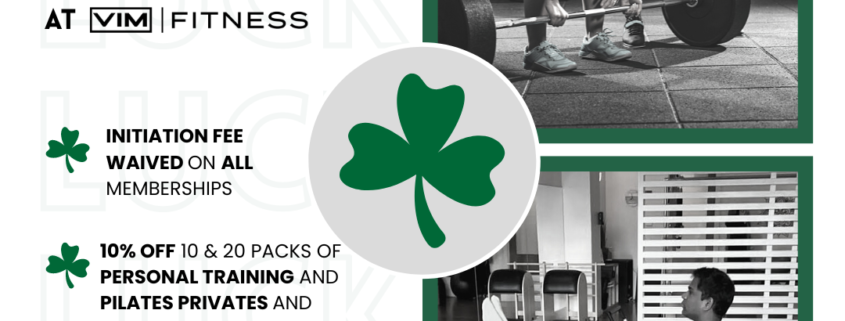
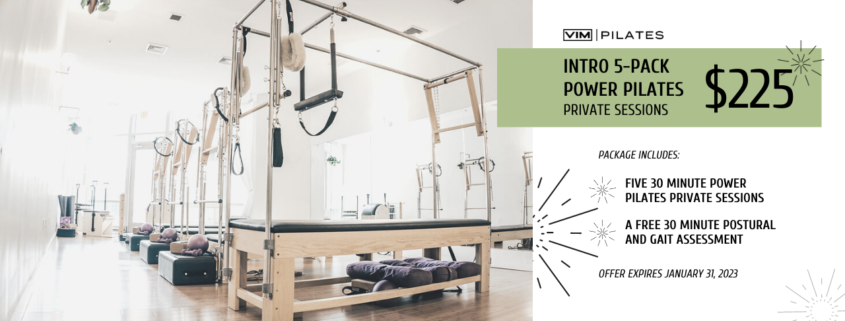
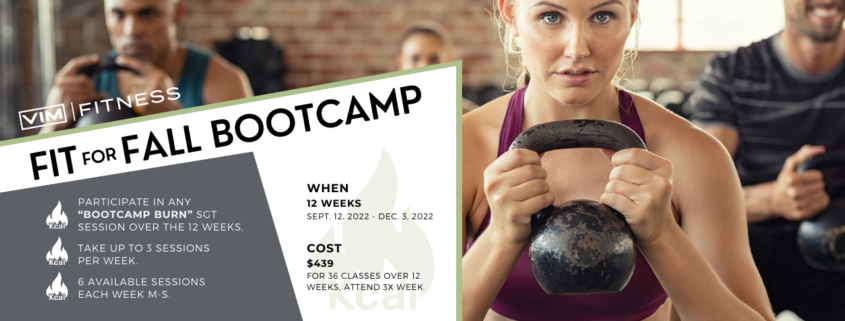
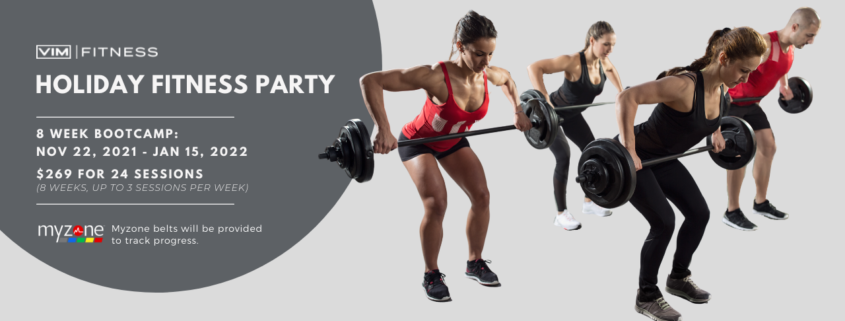

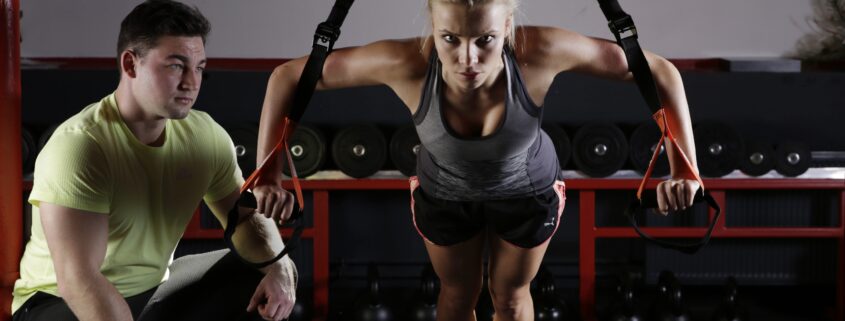


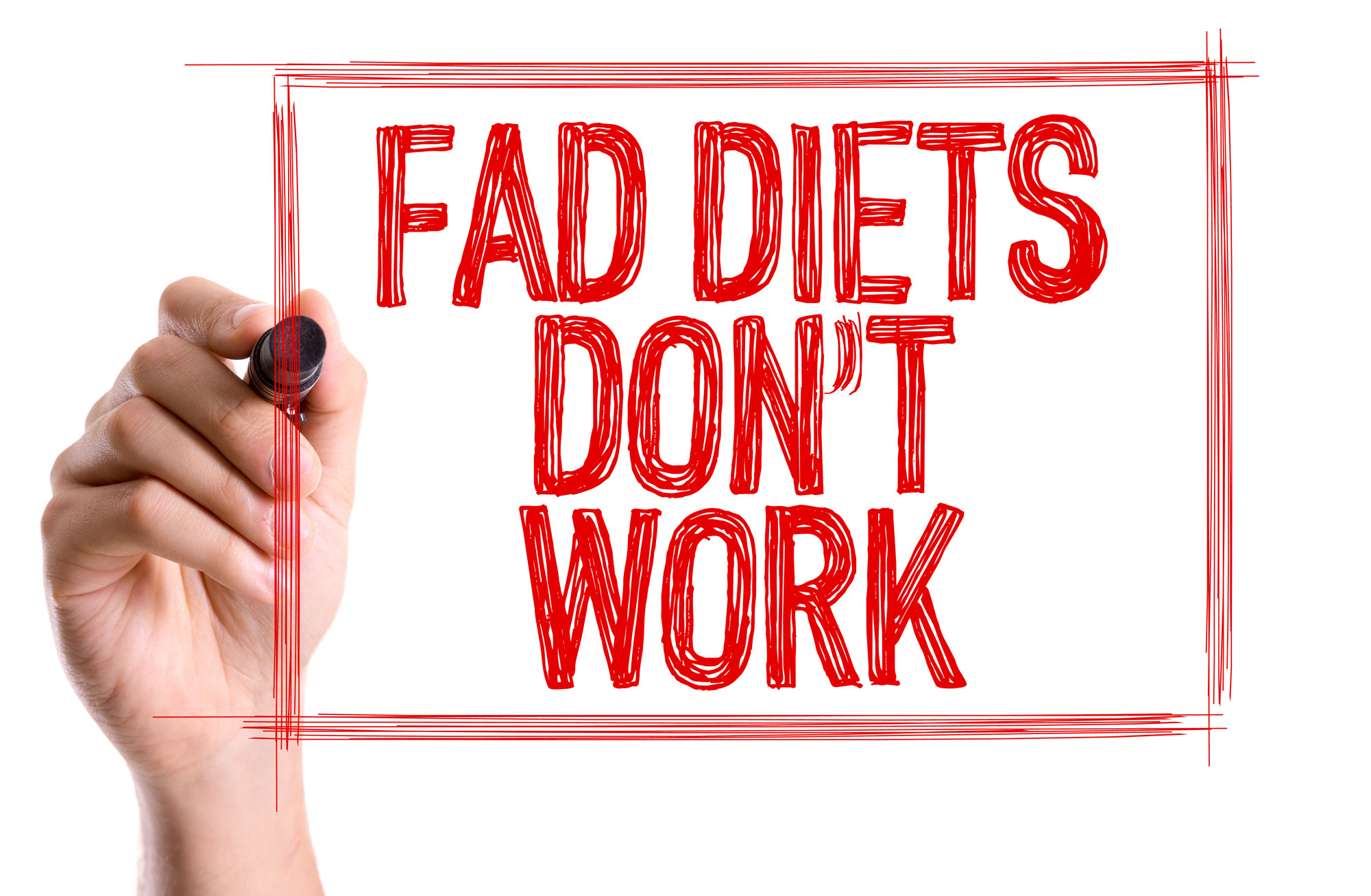




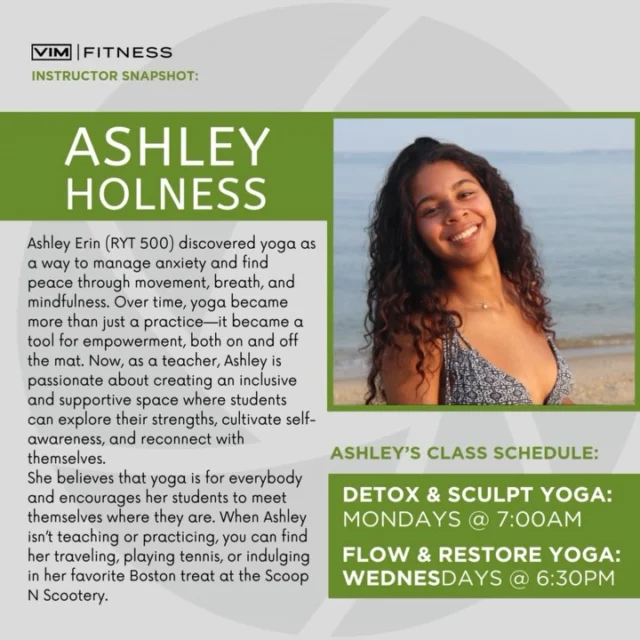
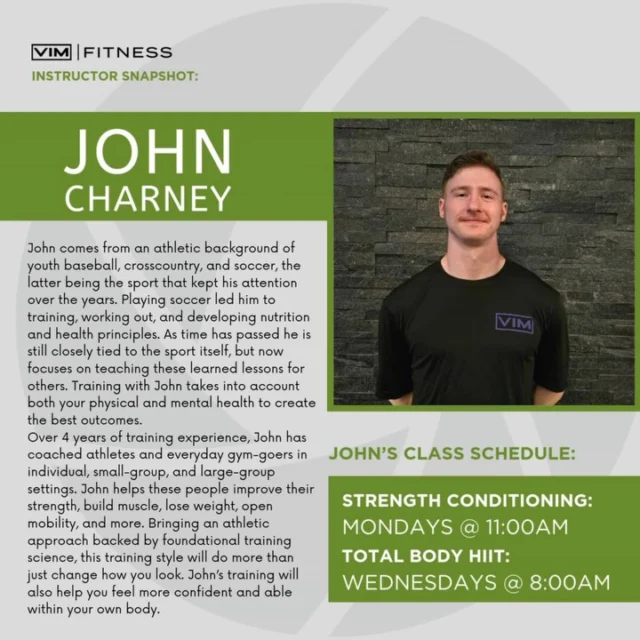
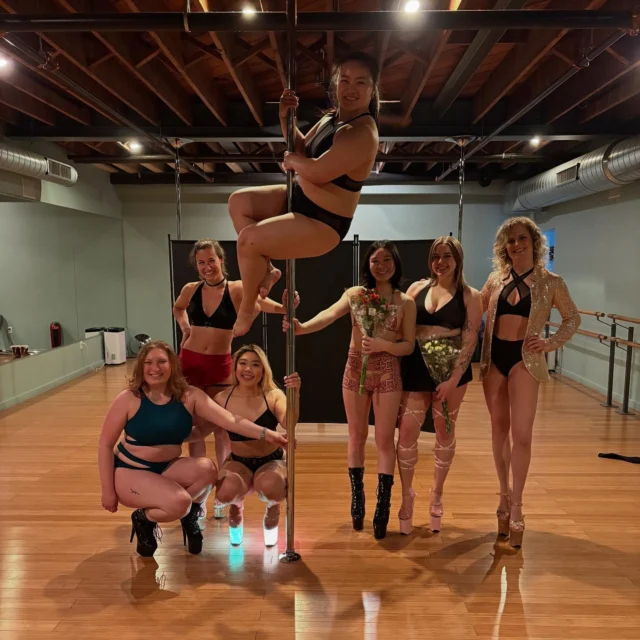
 NEW CLASS
NEW CLASS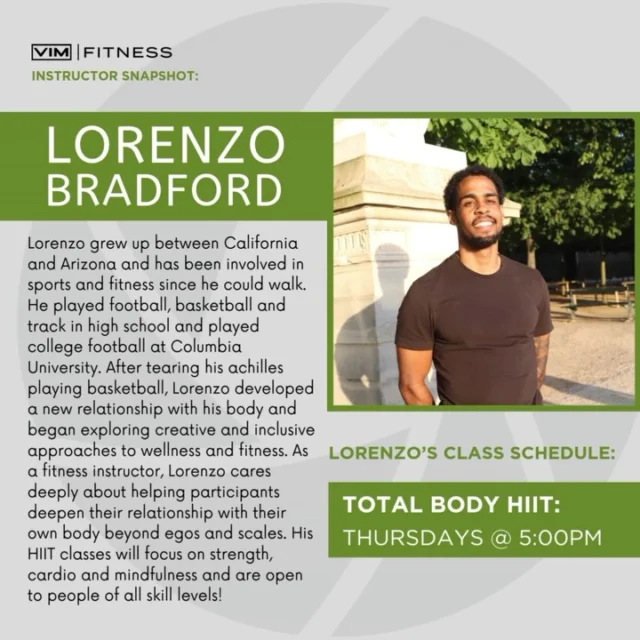
 Happy St. Patty’s Day
Happy St. Patty’s Day



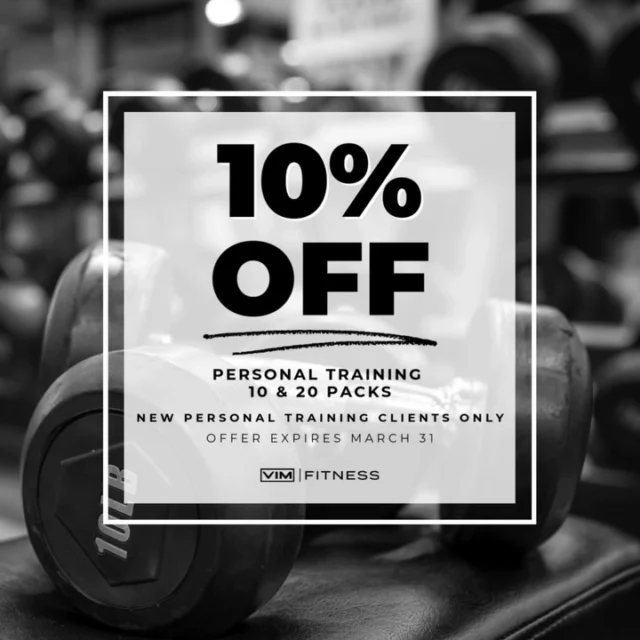
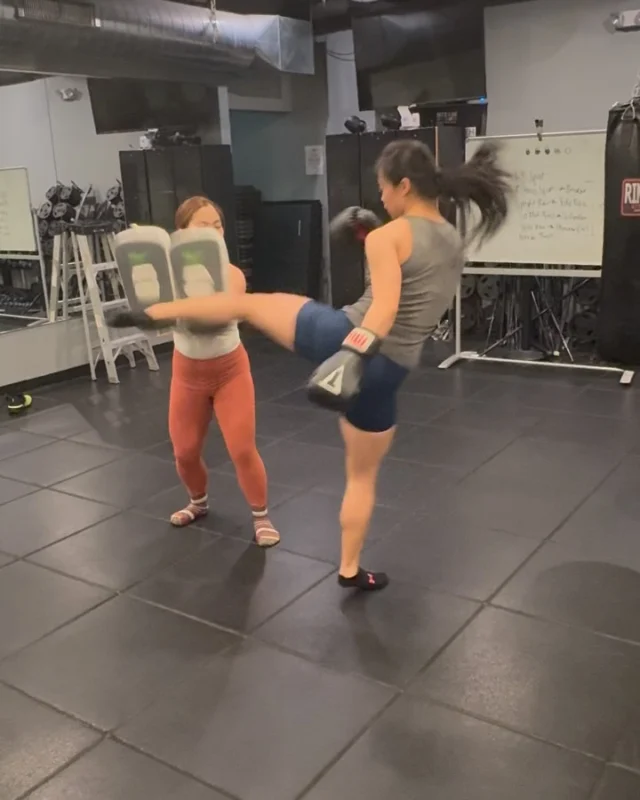
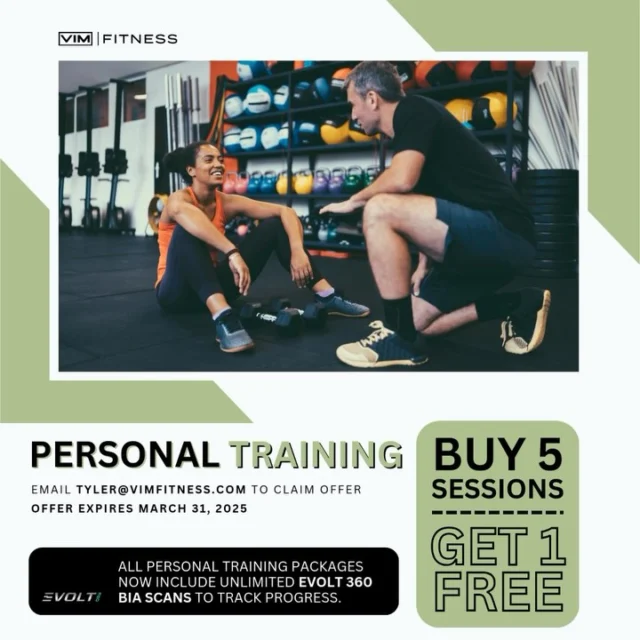
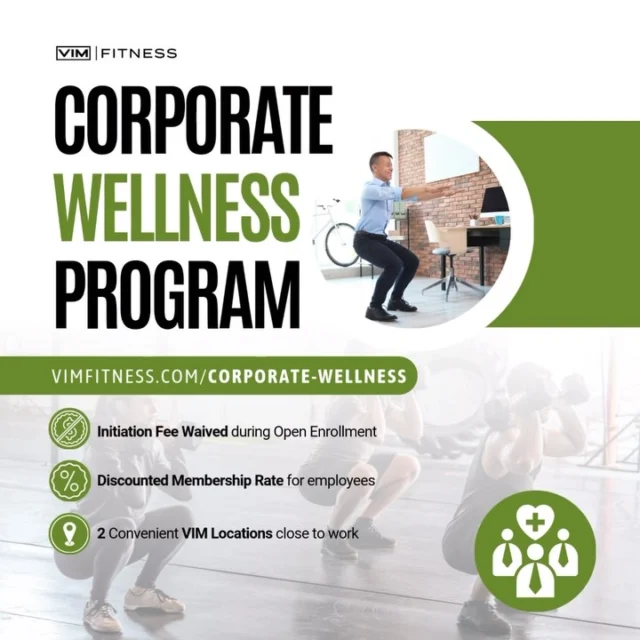
 WINTER
WINTER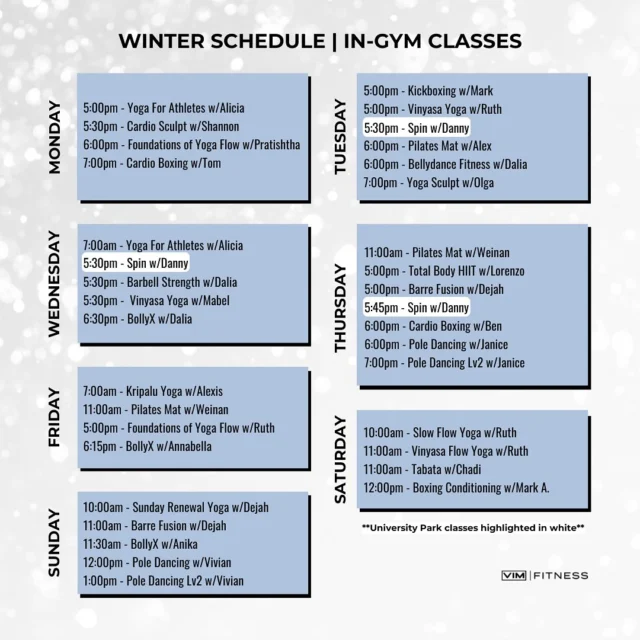
 Workouts and group fitness classes are bette
Workouts and group fitness classes are bette